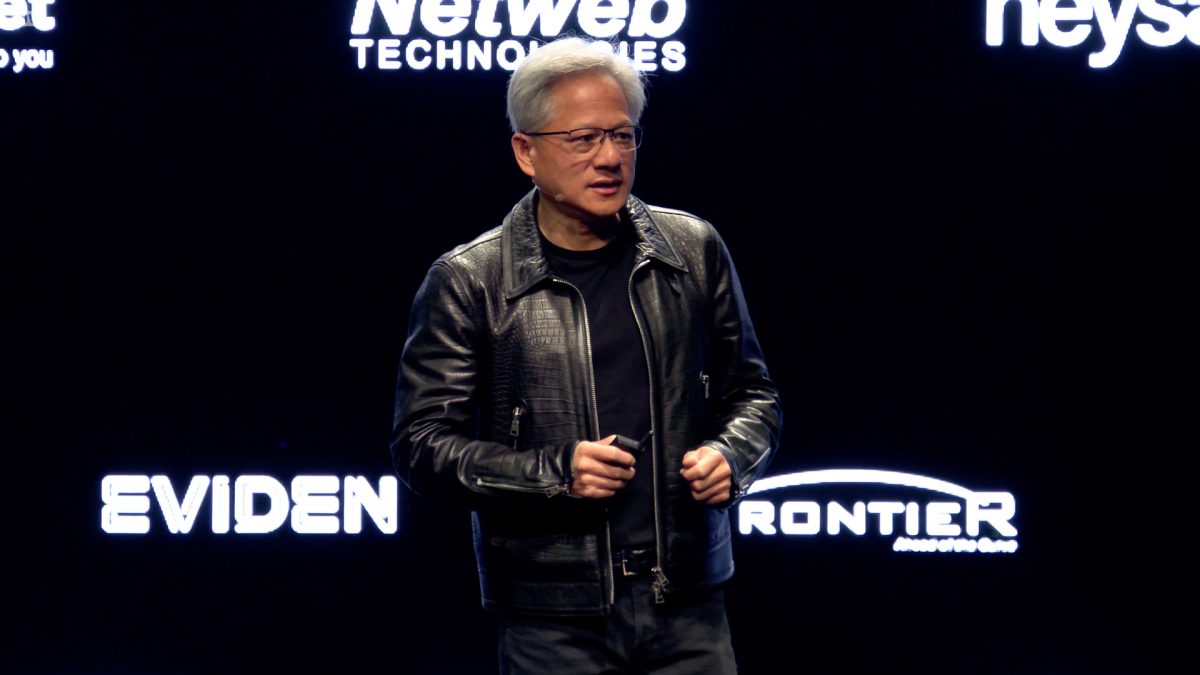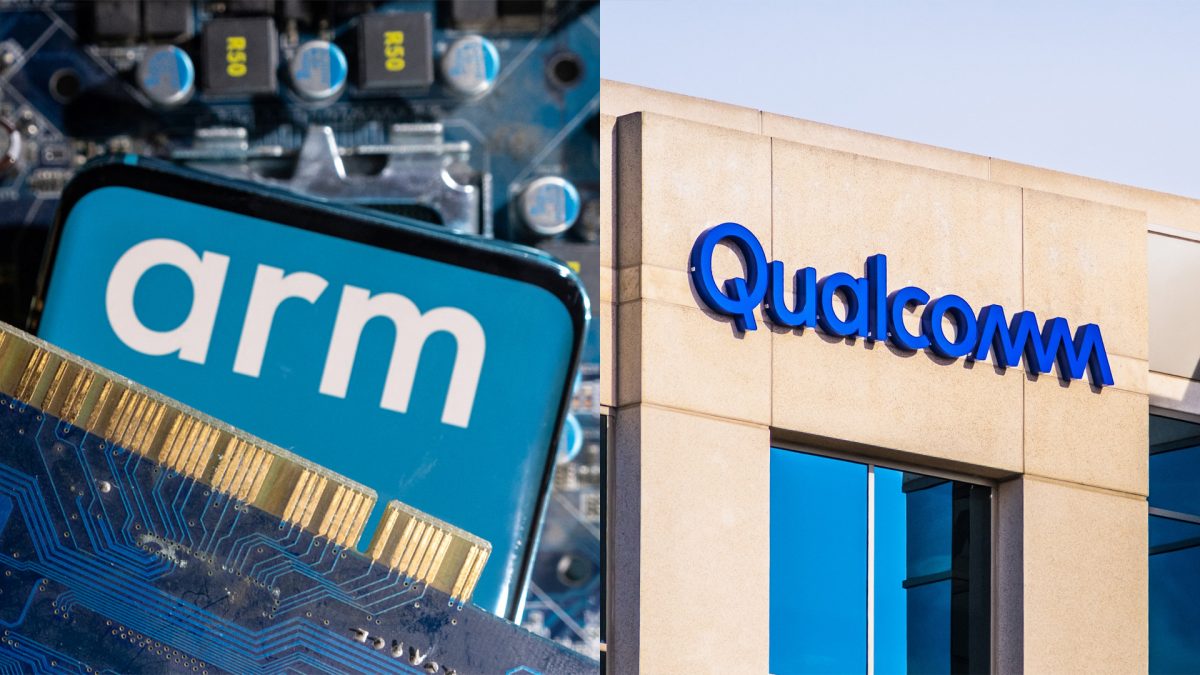LLMs will need to store memories similar to human brain functions, such as working memory and long-term memory, which current AI lacks. Another essential step, according to LeCun, is enabling these systems to plan and reason. read more
)
LeCun emphasised that the journey towards advanced AI will involve systems that are not only aware of the physical world but also possess persistent memory and reasoning abilities. File Image.
Artificial intelligence may need more than a decade to reach human-like intelligence, suggests Yann LeCun, Meta’s Chief AI Scientist. Speaking at Meta’s Build with AI Summit in Bengaluru, LeCun indicated that achieving human-level intelligence, or what Meta calls “advanced machine intelligence” (AMI), is still quite a way off.
Speaking to the Economic Times, LeCun explained that building AI capable of understanding the world like humans will require significant progress.
He emphasised that the journey towards advanced AI will involve systems that are not only aware of the physical world but also possess persistent memory and reasoning abilities. Even after six to ten years of development, he believes, the intelligence of such systems might only rival that of a cat.
Learning from videos, memory, and reasoning are key
LeCun described the steps Meta is taking to bridge the intelligence gap. He shared that the company is developing systems that learn from observing videos, enabling AI to better understand the physical world.
Additionally, large language models (LLMs) will need to store memories similar to human brain functions, such as working memory and long-term memory, which current AI lacks. Another essential step, according to LeCun, is enabling these systems to plan and reason.
Although progress may take several years, LeCun doesn’t expect the first versions to achieve full human-level intelligence. He likened the early systems to having the cognitive capacity of a cat.
Regulation could slow AI innovation
LeCun also expressed concerns about global regulations, which he feels are often based on unfounded fears around AI. He mentioned that these regulatory uncertainties could hinder innovation, citing the example of Meta’s smart glasses, developed in partnership with Ray-Ban. The glasses can translate text in real-time, but they are not available in Europe due to unclear legal frameworks.
In his view, AI is not inherently dangerous as a technology, though improper use could lead to negative side effects. He stressed the importance of deploying AI thoughtfully rather than stifling its development with unnecessary restrictions.
India’s role and AI’s economic impact
LeCun is optimistic about India’s potential in the AI space, pointing to the country’s pool of well-trained engineers and the enthusiasm for building applications using open-source platforms. He believes this eagerness positions India as a key player in the global AI landscape.
On the topic of AI’s impact on employment, LeCun noted that many economists don’t expect it to trigger widespread job losses. Instead, AI could pave the way for new professions, transforming industries and creating fresh opportunities. He highlighted that the best way for countries to prepare for this transformation is by investing in workforce training to harness the benefits of AI-driven technologies.

 2 weeks ago
11
2 weeks ago
11
)
)
)
)
)
)
)
)
)
)
)
)
)
)
)
)
)
)
)
)
)
)
)
)
)
 English (US) ·
English (US) ·